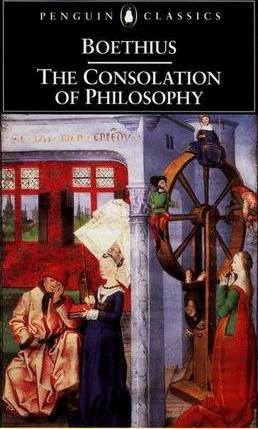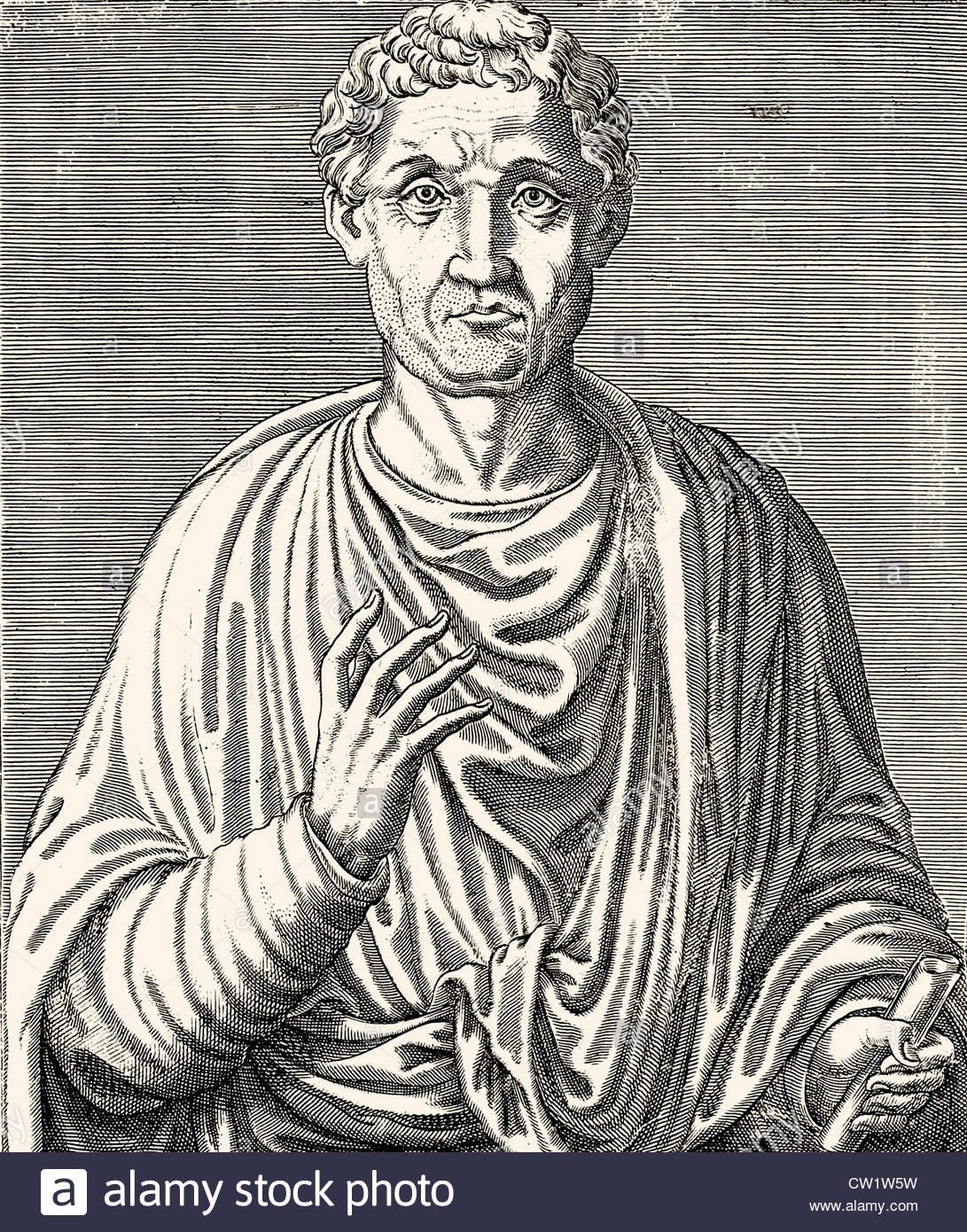The Consolation of Philosophy Summary
5 min read ⌚
 How a condemned Roman back in the 6th century found the strength to confront himself using only the “mysterious” Christian philosophy.
How a condemned Roman back in the 6th century found the strength to confront himself using only the “mysterious” Christian philosophy.
We present you several intriguing stories bundled up into one summary.
Who Should Read “The Consolation of Philosophy”? And Why?
Christian society remained strict and inflexible, bypassing any links to past. To gain the favor of the crowd, he became a respected senator. This book is more than a classic philosophical endeavor, whose interests lies in shifting people’s shallow views.
It’s a mighty guide that is highly recommended for historians, students, all people eager to learn new every-day moves.
About Ancius Boethius and P.G. Walsh
 Ancius Boethius was a Christian philosopher born in Rome to a wealthy family in 480 AD. The love for philosophy and literature emerged from many scholars and senators that were present in his life. In fact, from a young age, Boethius was fluent in Greek.
Ancius Boethius was a Christian philosopher born in Rome to a wealthy family in 480 AD. The love for philosophy and literature emerged from many scholars and senators that were present in his life. In fact, from a young age, Boethius was fluent in Greek.
The translator P.G. Walsh was born on August 16, 1923, in Accrington. He proudly served Britain during WW2 in the Intelligence Corps. Patrick died on January 16, 2013, in Glasgow.
“The Consolation of Philosophy Summary”
The book starts with a story that really represents the beginning of one incredible journey. Boethius find himself before a Roman prosecutor after being charged for high-treason. The time spent in a chamber in almost unbearable conditions inspired something in him.
Back in the days, Rome was the center not only of military strength and influence but also intelligence, progress, and prosperity. Around 480 C.E., the main character Boethius was born in order to become the next renowned scholar of Rome.
His successful educational-campaign shapes the thinking patterns and life-philosophies that he’d cherish for many years.
As an illustration of this inner call, the author explains the pull of poetry and art. Even though it wasn’t a dungeon, it evidently felt that way. The miserable condition was backed by unclear thoughts and ideas of salvation.
Boethius was moved and struck by the inspiration that these creatures conveyed everywhere they went. He took refuge in the sea of poetry, allowing no one to disturb the peaceful harmony – floating in the air. The culmination of the story happens with the appearance of the female version of Boethius.
In pursuance of respect, this character gradually enters the story with a new judgemental attitude towards the muses. Her long gown reflects the individuality arising out of her. The right hand is busy with a scepter, while the left hand is for books.
This ancient “ghost” condemns the muses for their inability to perform well and leave them little choice but to flee. The plot continues with Boethius’s punishment as a consequence of not recognizing the female version and for self-pity.
As a successful scholar and politician, Boethius magically interpreted the future. Early in his career, he merged the Christian Philosophy with the Ancient Greek theories. He believed that these so-called influential treatises were the beginning of new times. Aristotle’s logic interpreted with a dose of Christianity meant everything for him.
Even the Roman rulers greeted his name because they saw great potential in him. Today’s historians claim that Rome was the beginning of western civilization and rule of democracy. However, before another step towards equality is made, the readers should understand that Rome brought knowledge to all aspects known to humans. This range of values marked the birth of modern society.
The crafty vision enabled him to take advantage of many opportunities that appeared before him. He believed in change, although people were aversive back then as they are now. His world actually collapsed, when King – Theoderic accused him of being unfaithful to him and Rome.
Such a devastating turn of events questioned the justice of Rome. Locked and desperate, Boethius had a lot of time to think things over. The community had granted him the final opportunity to change his perspective by showing regret for his actions.
Instead, he devoted his time and energy studying Aristotle’s views. Waiting for execution or worst – torture is perhaps that worst-case scenario that a person can experience. A limited amount of time and a lot to think about, Boethius transformed into a philosopher.
Translated in mostly in verse and partly in prose, P.G. Walsh outlines the idea that worldly things don’t have the power to make us happy. Boethius’s monologue is taken as a starting point to indicate how happiness comes to light. We gladly present this five-star book, to all people who are striving for success and contentment.
Key Lessons from “The Consolation of Philosophy”
1. A new life for a philosopher
2. The mirror of philosophy
3. God and the concept of goodness
A new life for a philosopher
The danger of not having a life that he dreamed of made him paranoiac. A threat was lurking behind every corner, so he uncovered a new “poetry-craftsman” that dwelled in him to deal with this phenomenon.
All of a sudden, an urge for change emerge due to various poetic muses that came into the room.
The mirror of philosophy
Philosophical attitude is a mirror for people feeling stress and anxiety – a theory well learned by Boethius.
Human life needs to be filled with joy and pleasure, but the relevant aspect doesn’t always find common ground with reality. Find truth in philosophy and theology.
God and the concept of goodness
Undoubtedly there is a source from which all the good deeds emerge.
However, finding it – has been a mystery ongoing for centuries. According to “The Consolation of Philosophy” God is the only real representative of moral virtues.
Like this summary? We’d Like to invite you to download our free 12 min app, for more amazing summaries and audiobooks.
“The Consolation of Philosophy” Quotes
Nothing is miserable unless you think it so; and on the other hand, nothing brings happiness unless you are content with it. Share on X Indeed, the condition of human nature is just this; man towers above the rest of creation so long as he realizes his own nature, and when he forgets it, he sinks lower than the beasts. For other living things to be ignorant of themselves,… Share on X All fortune is good fortune; for it, either rewards, disciplines, amends, or punishes, and so is either useful or just. Share on X As far as possible, join faith to reason. Share on X Contemplate the extent and stability of the heavens, and then, at last, cease to admire worthless things. Share on XOur Critical Review
This is only one part of the story, the rest of it remains a secret until you read the book. Remember some of the examples here are just indications of similar situations.
According to the author, if you ever encounter a similar case, that drives you to self-pity think about Boethius. Apparently, this old and yet highly effective approach to problems has led many readers to believe that the ancient civilization (especially Rome) forged the modern world.
Emir is the Head of Marketing at 12min. In his spare time, he loves to meditate and play soccer.







